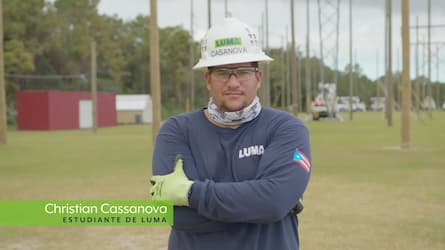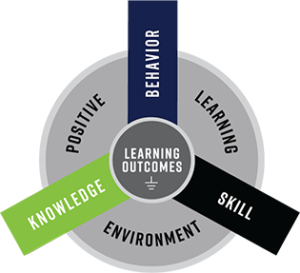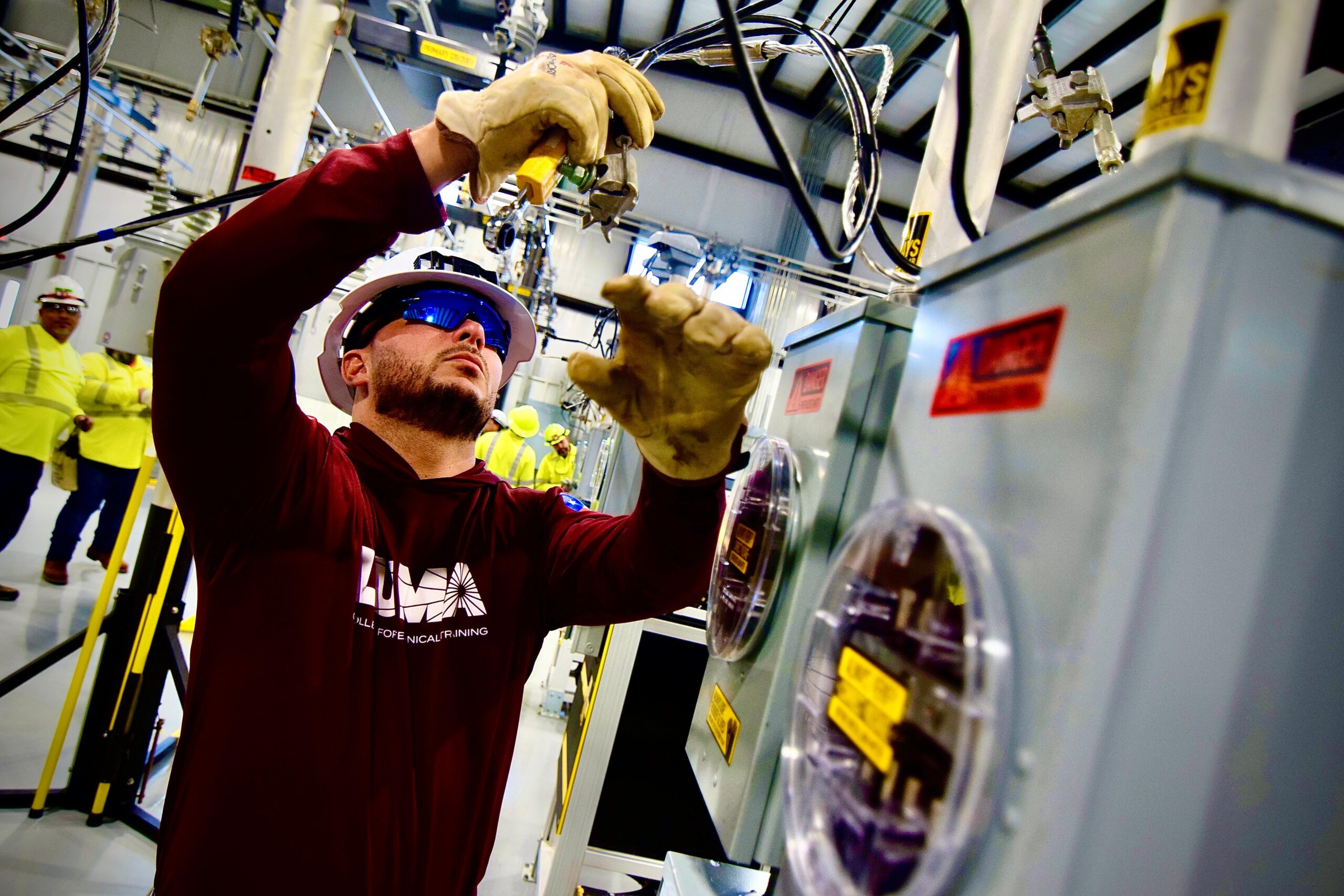
Utility Lineworker Program graduates are:
- Highly qualified for initial employment
- Highly successful in completing future training programs
- Prepared to pursue a long, rewarding career
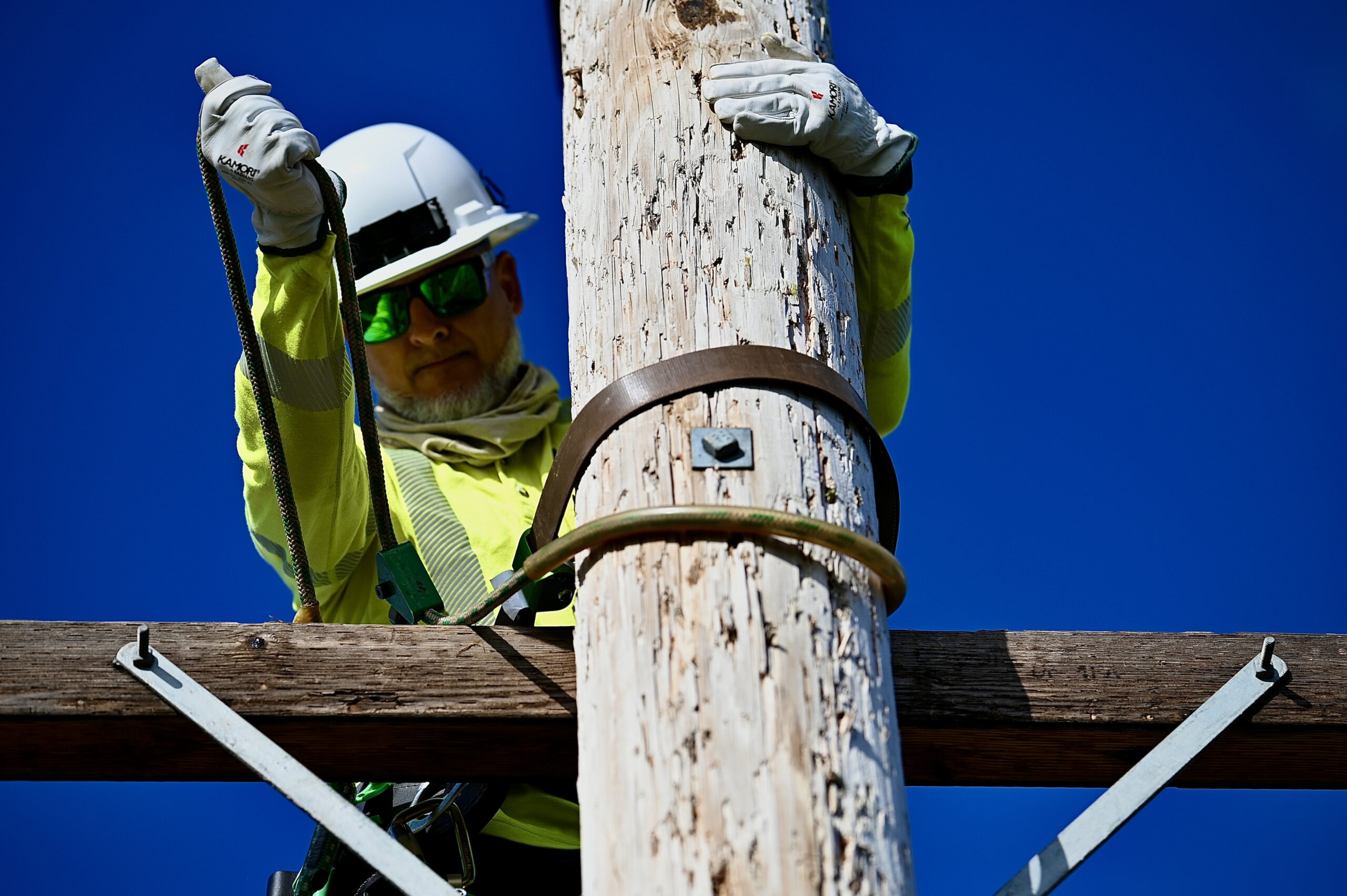
You’ll graduate the Electrical Lineworker Program with these certifications:
- First Aid Certification
- CPR Certification
- Climbing Certification
- Pole-top Rescue Certification
- Metering Certification
- Enclosed-space Rescue Certification
- Aerial-lift Rescue Certification
- Digger Derrick Safety
- OSHA 10-hour Construction Safety and Health ET&D card
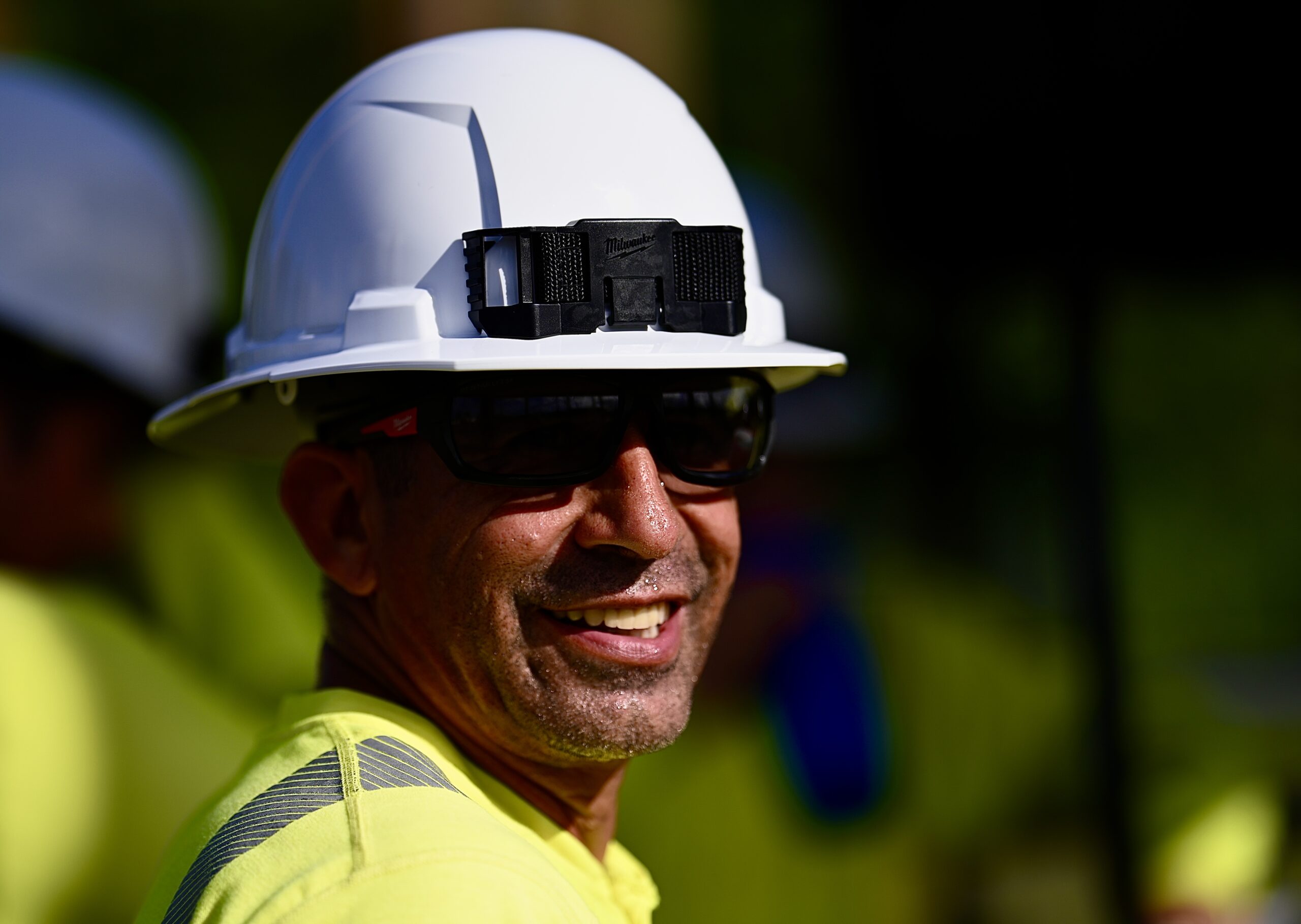
- 70% or higher in each academic class
- All field competencies and certifications
- Successful scores in behavioral competencies
- Maintain attendance as outlined in the catalog
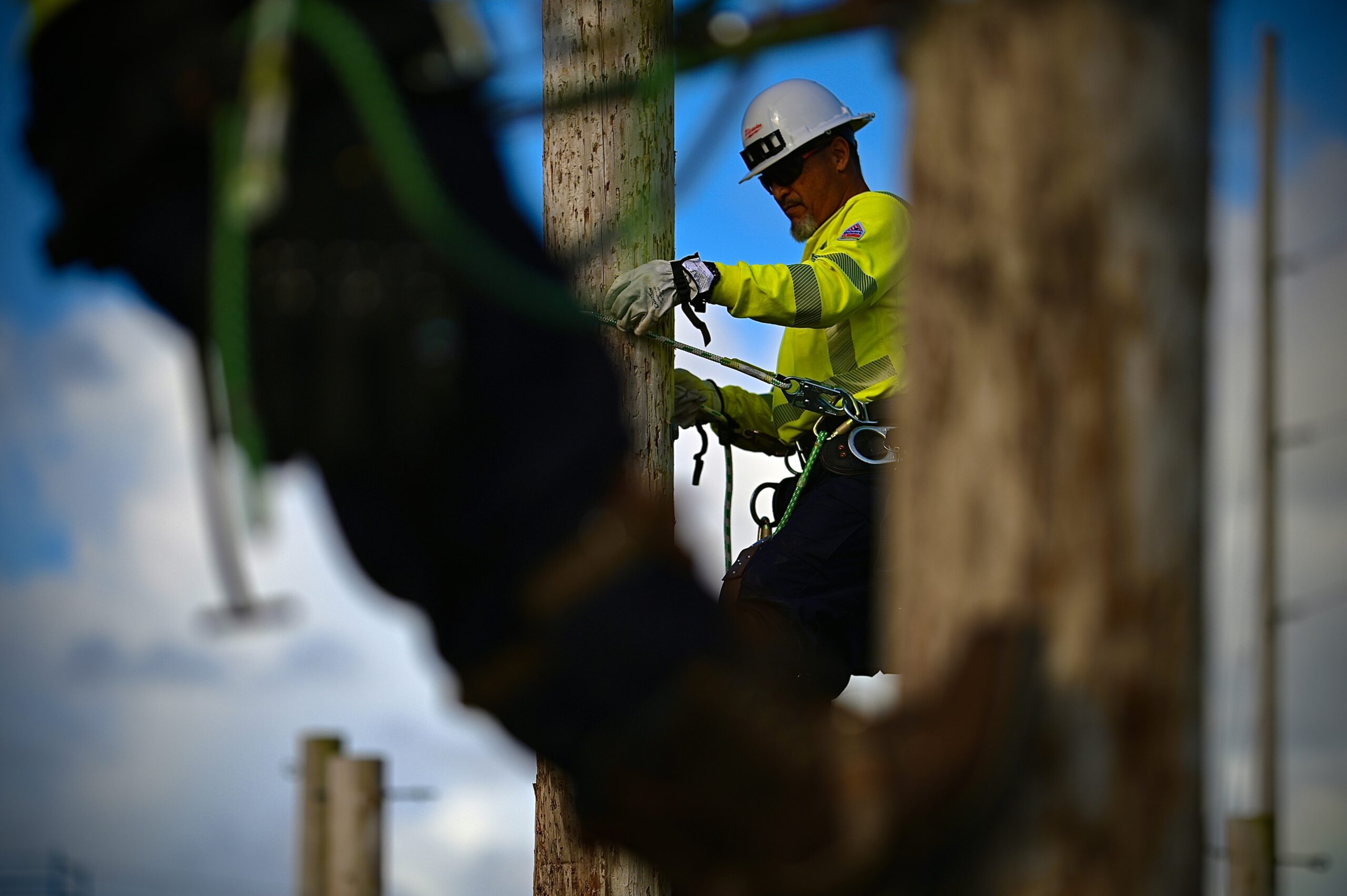
The Utility Lineworker Program is being initially provided to LUMA Energy trainees. Contact us directly about other training inquiries.
The Utility Lineworker Program will be offered to individual applicants soon. Check back here for exact dates, costs and funding options as they are defined. Also, refer to our Frequently Asked Questions for more information.



